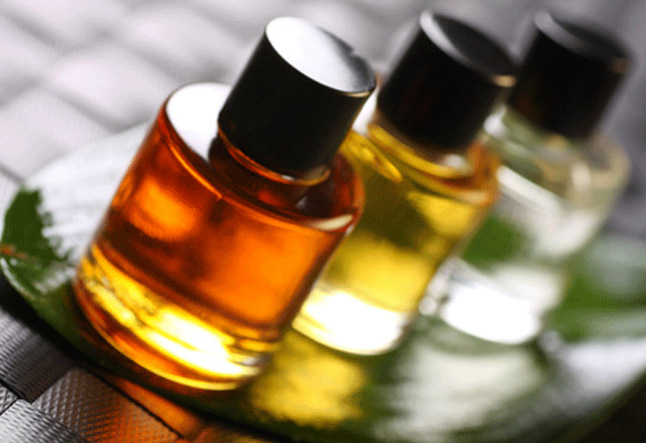all about sandalwood oil

santalum spicatum
The oil is taken from the heartwood of the plant.
History
Mythical sandalwood has featured in ancient eastern and western religious observances and in medicine for the past 3,000 years. Sandalwood (S.album) originates from India. Spicatum is native to Australia. Sandalwood has been used in India as a temple incense to worship the gods since antiquity and is mentioned in the Hindu love scripture the ‘Kama Sutra.’ It is used in Ayurvedic medicine for treating skin conditions such as acne, poisonous stings and external bleeding; in massage oils and as a blood purifier.
Sandalwood is connected with the ancient spirit of Australia. The indigenous people used sandalwood for centuries as a medicine. They boiled the bark for a cough syrup and used the seed kernels in a liniment for muscular stiffness. Western Australian sandalwood oil is included in the pharmacopoeias of several countries, including Britain, France, Japan and Belgium.
Australian sandalwood oil was used as an internal antiseptic in the 1920s and determined to be ‘of equal therapeutic value to the oil of Santalum album’.
In the early 1920’s clinical trials at several public hospitals proved very successful, and Australian sandalwood oil was used continuously from this time on, until being replaced by antibiotics.
Effects
• Links the root and crown chakra – the oil of choice for meditation.
• Antidepressant, anti-inflammatory, anti-fungal, astringent, sedative, insecticide, urinary and lung antiseptic, and therefore helpful in relieving lung congestion and nausea.
• With its mystical and euphoric fragrance, sandalwood is renowned as an aphrodisiac and said to have elevating, grounding and opening properties. Soothing and warming, sandalwood creates an exotic ambiance for sensuality, transcendental meditation and contemplative reflection.
Uses
• Sandalwood oil is inhaled to relieve nervous tension, calm the mind, and help slow down breathing and heart rate. Deep inhalation of sandalwood oil vapor creates a series of positive physiological changes to the body.
• Most promising is its positive effect on the health of our nervous system. A remarkable aspect of this relaxant ability is that our mind remains clear and focused, allowing the oil to be used without fear of drowsiness or when high levels of concentration are important.
• Suitable for all complexion types, it is especially useful on rashes, inflammation, acne, and dry, dehydrated, or chapped skin.
• Chronic chest infections, sore throats and dry coughs, as well as bronchitis and asthma can benefit greatly from this oil, as well as cystitis and bladder infections. A syrup or chest balm containing sandalwood may help relieve persistent coughs and sore throat.
• It may also be helpful with sexual problems such as frigidity and impotence.
• Sandalwood oil also counters inflammation, so it can be used on hemorrhoids.
Home use
Vaporize this long-lasting fragrance to repel insects.
Read next >> yoga for people with disabilities
